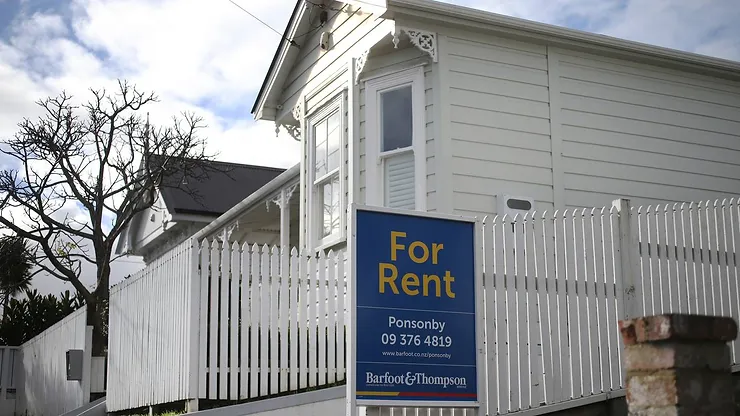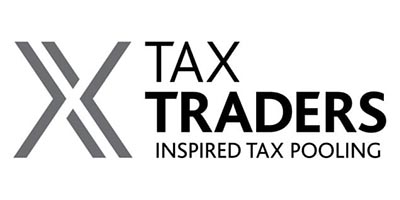Parliament has finally (on 29 March) passed legislation removing the ability of residential property investors to claim mortgage interest as a tax-deductible expense on existing properties. It is now just awaiting the formality of royal assent to become law.
There are two changes to be expected from passing the new rules. First, unless an exception or exemption exists, interest cannot be claimed as an expense for residential property purchased on or after 27 March 2021. Second, for property acquired before 27 March 2021, the ability to deduct interest on existing loans is being phased out over four years, ending 31 March 2025. Interest deductions for new loans drawn down on or after 27 March 2021 won’t be allowed from 1 October 2021 onwards. The phase-out will happen gradually for four years:
Phasing out interest deductions
| Income Year | Interest you can claim |
| 1 April 2020 – 31 March 2021 | 100% |
| 1 April 2021 – 30 September 2021 | 100% |
| 1 October 2021 – 31 March 2022 | 75% |
| 1 April 2022 – 31 March 2023 | 75% |
| 1 April 2023 – 31 March 2024 | 50% |
| 1 April 2024 – 31 March 2025 | 25% |
| 1 April 2025 onwards | 0% |
There are some exemptions to these rules. Investors can still deduct interest against income from the following properties:
- if a component of the primary residence is used to generate money (for example, from flatmates or boarders),
- residential properties that are utilized as commercial premises (for example, a house transformed into a doctor’s office, offices, and shops),
- houses on farmland,
- bed and breakfast establishments where the proprietor lives on the premises, and (5) accommodation for employees and students.

This new law aims to reduce investor demand for existing residential homes and help first-time buyers get a better deal. According to the Revenue Minister David Parker the government wants to curb investors’ appetite for existing residential properties but also want to stimulate investment in new housing.
Hence new builds are exempt from these new rules. This also ensures that proposed interest limitation regulations do not impede the continued supply of new property. It is proposed by the Government that for a property to be considered “new,” it must be at most 20 years from the time it has been issued the code of compliance certificate.
In addition, if the property is within the 20 years starting from 27 March 2020, the exemption applies to both the initial buyer and subsequent owner. This new build exemption is also applicable to purpose-built rentals. Housing Minister Megan Woods defines purpose-built rentals as huge home buildings meant for continued rental rather than sale..
Aide from these, it is also anticipated that there would be adjustments in the filing of income tax returns this tax year. From 2022, the income tax will include additional fields to obtain information about residential property interest expenses, which include total interest and interest expense claimed.
With all the changes that will occur, Inland Revenue estimates that there will be a tax revenue of $80 million in fiscal year 2022, $200 million in fiscal year 2023, $350 million in fiscal year 2024, $490 million in fiscal year 2025, and $650 million in fiscal year 2026.
Are you a property investor who is unsure of your tax obligations? Contact our Elite team and we will help you out with your rental property tax returns.
Disclaimer: All views expressed within the article are the views of the author. Whilst all efforts are engaged in providing accurate, relevant and useful information, the information provided will vary in different circumstances and should be discussed further to be applicable to the individual. Elite Accounting Limited and its authors do not accept responsibility or any form of liability upon an individual’s application or reliance of its contents. All information and suggestions are intended to to be considered and/or applied carefully within your own circumstances, as general information only with an informative purpose.







